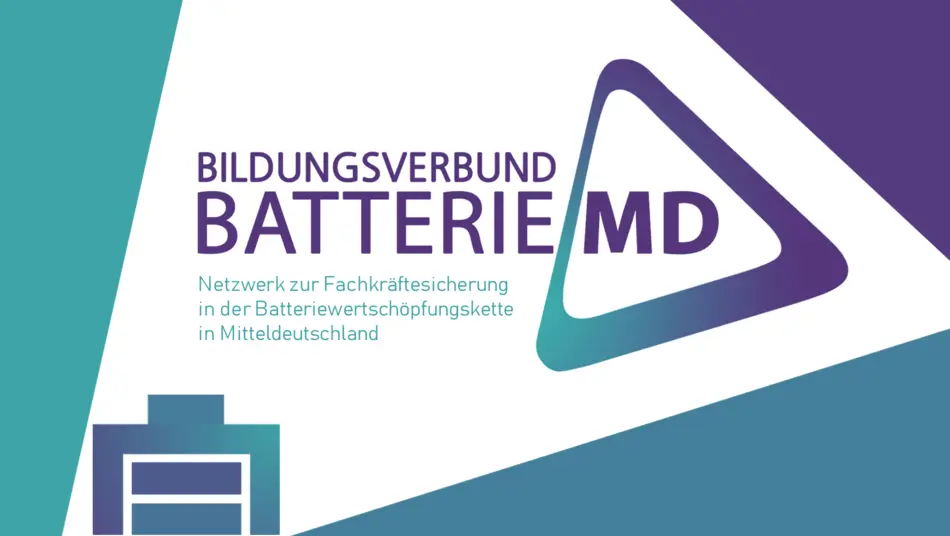In Germany, too, we are currently experiencing a change - from combustion engines to battery drives. Batteries are one of the key technologies of the energy transition. Batteries are indispensable for the electrification of transport in particular, as well as for applications as energy storage devices in the power grid, in power tools, in electronic products and many other product groups. The market for mobile and stationary battery storage systems is recording high growth rates internationally. At the same time, increasing the sustainability of batteries through environmentally friendly production and disposal processes and the recycling of essential raw materials is a key challenge in the near future. This opens up opportunities for innovative ideas and products along the entire value chain of battery technologists.
However, the change is also accompanied by massive changes in the world of work. Employees must be made fit for the new technologies, and new appointments are emerging. The target of "BatterieMD" is now the sustainable development of skilled labor competence for the region of Central Germany along the entire value chain of battery cell production in two main pillars:
- qualification as well as further education and training of employees of already established companies to shape the change, whereby small and medium-sized companies in particular receive support in personnel development, and secondly
- the development of offers for retraining and further education of skilled workers as a location factor for the future settlement of companies and to support resident companies in their growth perspectives.
How this can be done in a sustainable way will be worked out by Claudia Müller and Jens Reißland at the University of Erfurt over the next five years as part of the project. "To do this, we will first systematically analyze the current and future competence requirements, qualification and skilled labor needs in the companies - not only in the automotive industry, but also other companies and suppliers in the sector," explains Jens Reißland as deputy project manager. "In doing so, we are looking at what the change means for the current appointments, what new requirements and further training needs there are, and possibly also what new job profiles will emerge in the course of the energy transition. In close cooperation with other research institutions, companies and providers of vocational training, we then want to develop appropriate curricula and create qualification modules for the development of (further) training courses." This will then be tested and evaluated as a model and anchored in the companies' concepts in order to meet the existing demand for qualifications and skilled workers.


